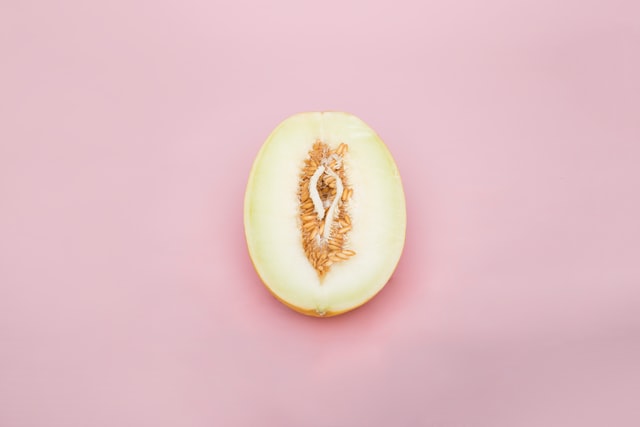12 Ways To Take Control Of Your Feminine Health
As a woman or any person with a uterus, taking care of your health can sometimes feel like a large task to undergo. And while taking care of your feminine health can come off a bit overwhelming at first, there is a great sense of power in taking control of what your body needs. While everyone has their own needs and requirements, there are so many ways that you can take control of your health and provide the care you need to your own body better than ever before. Whether you’re embracing a new dip into self care or you’re venturing into the world of taking care of your feminine health for the very first time, there are so many ways to learn and care for your body.
1. Start With The Whole Body
Of course, this one can be applied to anyone of any gender in the entire world — the health of your body’s systems are connected. Eating right, exercising, drinking water, getting enough sleep and minimizing stress are the starting point for anyone’s health, and that means you.
2. Avoid Dyes, Glitter And Artificial Fragrances
People with vaginas are often taught that they should smell like flowers or fruit, that their anatomy is dirty, and that it requires cleaning, soaps and scented products in order to maintain proper hygiene. Vaginas are actually self-cleaning, which means there’s no need to stick scented or dyed products up there. In fact, overly scented and dyed products can sometimes cause inflammation and even infections. All you need is warm water!
3. Go To The Gynecologist Regularly
When it comes to medical care, nobody knows more about feminine health than those who specialize. Ideally, you should see your gynecologist once a year for your annual appointment, in addition to scheduling more frequent appointments if anything is wrong, if you experience pain, if you want to discuss medication options or if you become pregnant.

4. Family Plan, Your Way
Speaking of becoming pregnant, staying informed and involved in your family planning process is a great way to take control of your feminine health. While some people want children, others don’t, and that’s perfectly okay. In the case of an unplanned pregnancy, some people would rather consider adoption while others desire safe, comprehensive access to abortion. Family planning is about your right and ability to choose what’s best for you.
5. Educate Yourself On Safe Sex
While safe sex helps to prevent unplanned pregnancies, it also can help to prevent STDs and STIs. It’s important to be informed on safe sex, whether you’re sexually active with a single partner, more than one partner or even just with yourself!
6. Practice Safe Sex
Of course, once you know the ropes of safe sex, the time comes where you can practice what you know! This involves using contraception, finding birth control that works for you, getting tested regularly and practicing positive communication with your partners.

7. Listen To Your Body
Another important part of taking control of your health is listening to your body. This means talking to your doctor about switching medications that aren’t working for you, changing your habits and setting healthy boundaries with your partners.
8. Track Your Menstrual Cycle
Not all women menstruate, and not all people who menstruate are women. Whoever you are, and however you menstruate, keeping track of your cycle can help you figure out so much more than when you’re actually bleeding. It can track fertility, your mood, your appetite and even your energy levels.
9. Get Tested
One of the primary aspects of caring for your health and practicing safe sex is getting regular STI tests, either from your doctor or from a local clinic or healthcare provider. Most sources recommend sexually active patients get tested between once and twice per year.

10. Learn About Consent
Consent is one of the main parts of sex ed that gets left behind in the classroom. Consent is important both when it comes to protecting yourself and respecting those around you. Make sure you understand what it means to consent so you can set the proper boundaries, and respect the boundaries of others.
11. Take Care Of Your Mental Health
Just like your physical health, your mental health is one of the primary components in overall wellness. Make sure you’re practicing proper self care so you can take care of your physical health — reproductive or otherwise.
12. Prioritize Your Pleasure
You may have heard of the orgasm gap — mainly, that in heterosexual relationships, the pleasure of women and people with vulvas is prioritized much less than cis mens’ pleasure. While this might not seem directly related to feminine health, your experience and knowing that you are worth attention is certainly instrumental to your health. If you think you fall in that gap, explore new things and communicate with your partner(s) about your desires!
Taking Control of Your Feminine Health
There are so many ways in which you can actualize your experience in your body and mind. Whether it comes in the form of tracking your cycle, paying attention to your pleasure or taking an intentional approach to family planning, you can take control of your feminine health however best fits your needs and lifestyle.
*collaborative post
This article was originally published by artofhealthyliving.com. Read the original article here.



